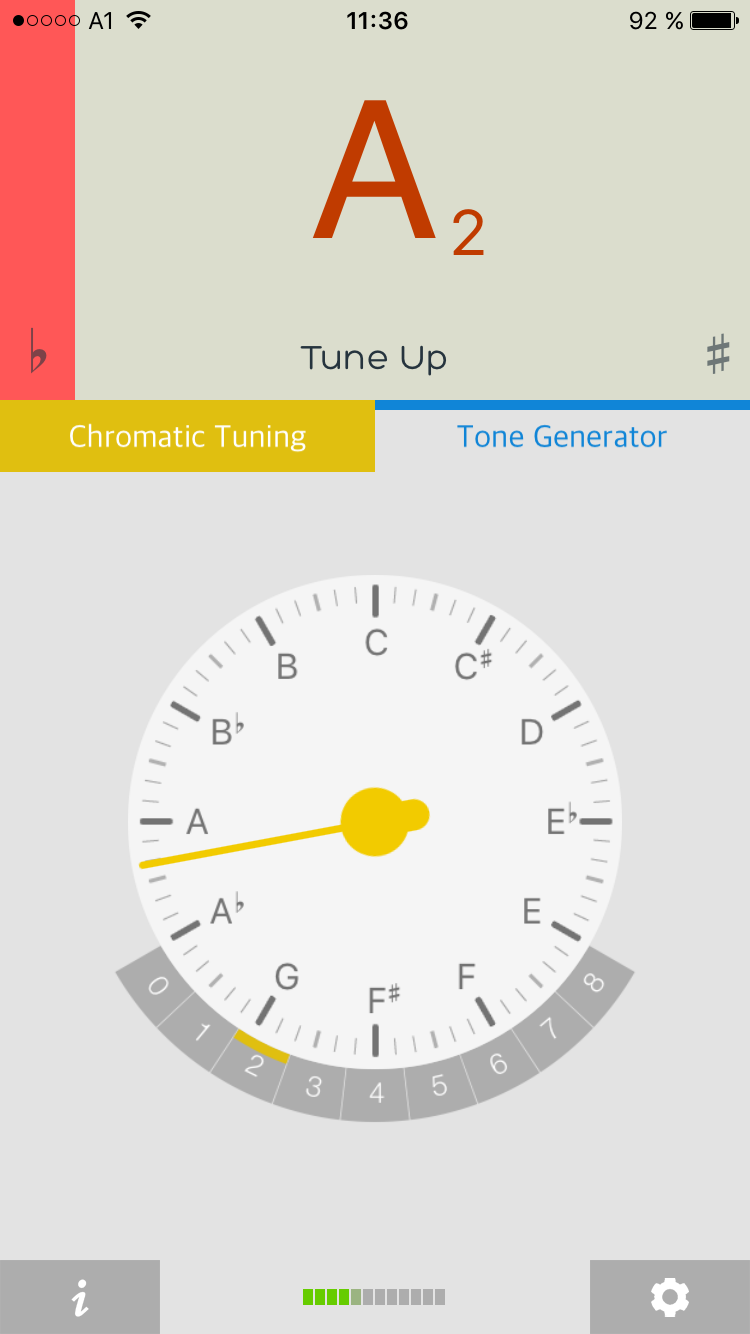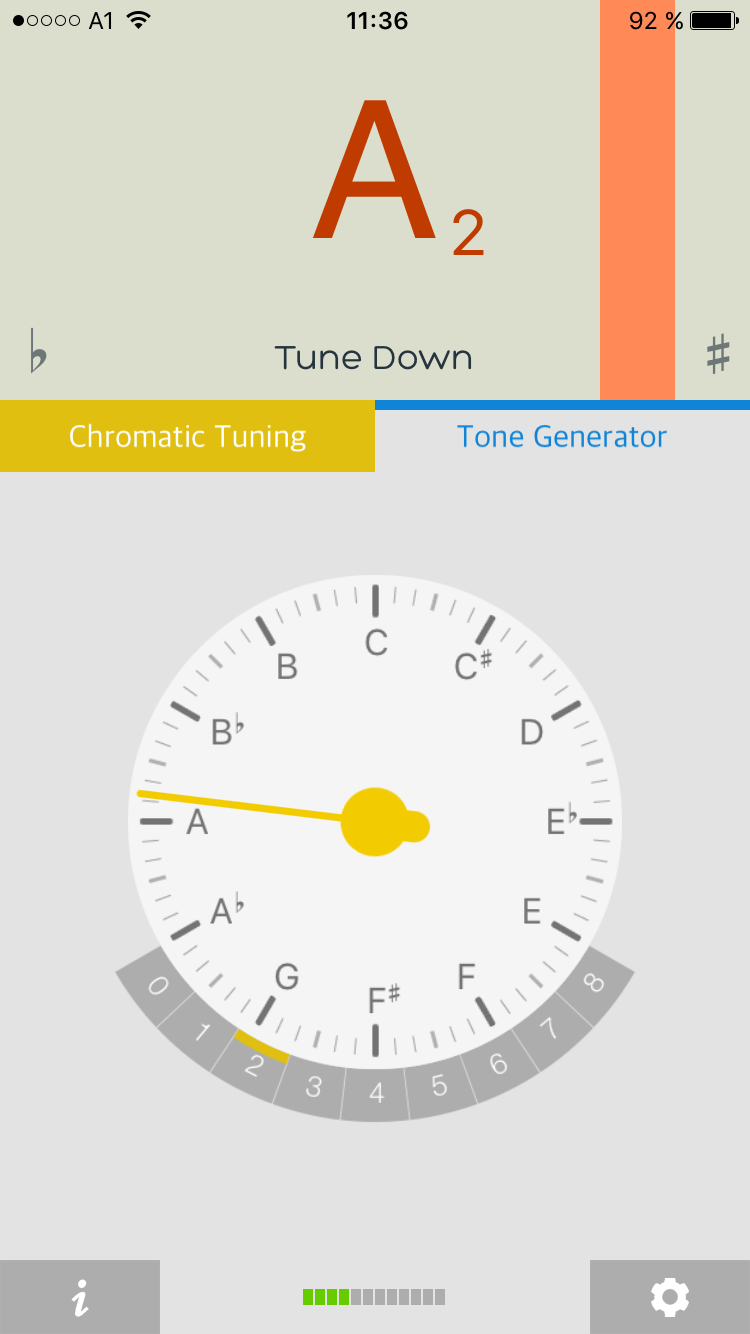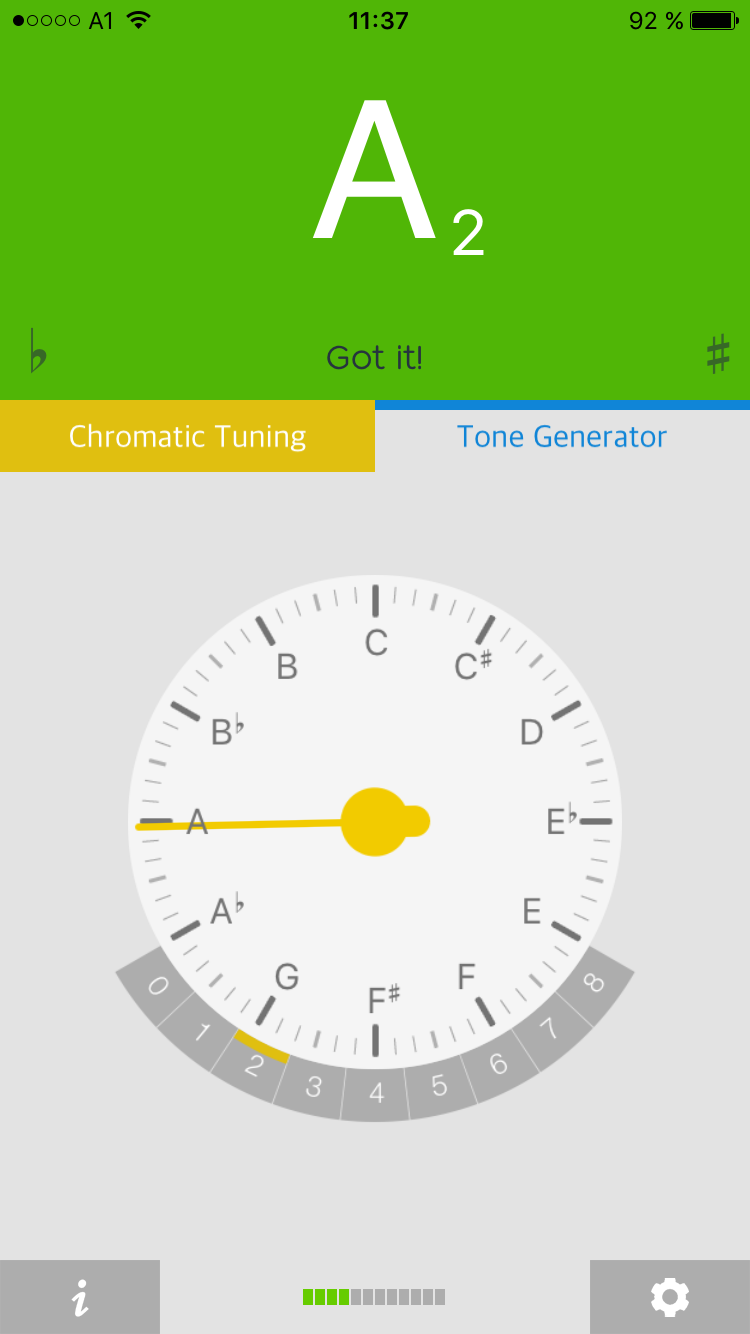If you’re new to ear training, there is one skill that would be a good idea to develop first. Ideally, this skill would be developed from the very beginning of your music study since it makes other ear training possible and facilitates working with a music teacher. It even makes for a suitable exercise for your very first music lesson. Without this skill, your teacher will have difficulty guiding your ear training progress.
This skill is the ability to sing a note on pitch. Actually it involves two skills: hearing the right note and singing it back. This is how you can externalize what you hear.
When you can sing back a note, your teacher will be able to tell that you’re indeed hearing the right note. This is the best way for you to let your teacher know what you’re hearing. When working with new students, I’ll often play a note and ask a student to sing it back. Sometimes they’ll sing a different note altogether. This just shows us that we need to work first on the skill of hearing notes and singing them back so that we have a foundation for future work.
Don’t worry: You don’t need to be an opera diva. You don’t need to sing beautifully (I certainly don’t!), and you don’t even need a wide vocal range. It doesn't even need to be perfectly accurate (although you can develop accuracy over time)--the note just needs to be recognizable. If you’re trying to sing concert A 440, it doesn't necessarily have to be sung at exactly 440 vibrations per second (which is impossible anyway due to the complexity of the waveform of the human voice); it just needs to be recognizable as an A. It can be an octave lower or higher if that’s more comfortable for your individual voice.
On the other hand, if you’re supposed to sing an A and instead you sing an E, then your teacher has no way of knowing whether you’re not hearing the A or if you’re just unable to sing it. If you can’t yet consciously hear all the notes in your music, don’t worry. This is actually normal in the beginning stages of ear training, and it’s a skill you can develop with regular practice.
Importantly, the skill of singing a note you hear has nothing to do with perfect pitch. Perfect pitch is the ability to recognize any note by name upon hearing it. For instance, if you hear a random note played on a piano, if you happen to have perfect pitch you’d be able to say the name of the note. Perfect pitch is not necessary to be able to sing a note you hear.
Do you really need to learn to sing as an instrumentalist?
If you're a pianist or other instrumentalist, you might be wondering why you should bother learning to sing at all. The most important reason is that singing--particularly solfège, in which the note names are vocalized--allows you to learn music on a much deeper level than mere muscle memory. Ear training helps you to learn music consciously so that you’re fully aware of each note you play and its pitch. This allows you to listen carefully to every note you play, even if it’s buried in an inner voice. It’s like hearing in three dimensions.
Probably the single biggest mistake piano students make is relying almost exclusively on their fingers, without their ear guiding their fingers to the right keys. Relying on muscle memory (which is more accurately called motor memory) is inherently insecure, especially in slower pieces. If you only train the fingers, you risk disengaging your mind while you play, and this creates uncertainty (especially when somebody else is listening!). Train your listening skills and learn to sing the notes you hear, and you’ll be on the path to learning music with your mind and body.
How to test your ear
To test your ability to hear several notes at once, play any chord in your music (playing all the notes of the chord simultaneously) and then try to sing every note. It may be quite a humbling experience to discover that you're not actively hearing each note! If you find that you’re not able to do this, realize that this is perfectly normal and that it is a skill any aspiring musician can develop. Start with individual notes, then move on to intervals (two notes) played together, and finally to chords with three or more notes. You’ll discover that you can improve just by progressing step by step.
How to sing on pitch
How can you improve your ability to sing the notes you hear? Modern technology makes it quite simple to develop the skill of singing on pitch. There are free smartphone and tablet apps that are as good or even better than external, expensive hardware tuners. I tried out several and highly recommend insTuner for iPhone and iPad for this purpose. There's a free version, and a pro version is available for only $3.99. (Cleartune is another fantastic tuner for the same price.)
The free version of insTuner is excellent. It has a tone generator that can play any note for you perfectly in tune. If you want to sing an A, simply have the tone generator play it for you, and then switch to Chromatic Tuning mode and try to sing it back. If you're singing very flat, the needle will be far below pitch and the vertical bar at the top of the screen will be at the far left in red, and you'll see the instruction to tune up:

If you then overcorrect and are slightly sharp, the needle will move slightly past the A and there will be a vertical bar in yellow to right of center, with an instruction to tune down:

If you’re right on pitch, the whole top area will turn green and you’ll get the encouraging message, “Got it!”:

If you're a beginning music student, just do this exercise once a day until you're able to sing any note within your vocal range on pitch. If you're a singer, then you’ll need to go much further and be able to sing right on pitch with a beautiful tone. If you're an instrumentalist, first just strive to make the note recognizable (as an A, B-flat, C, or whatever), and then work to become more accurate.
Once you're able to sing on pitch, you'll be ready to advance in your ear training and overall musicianship!
Start Your NEW Piano Journey
Sign up below and each week for the next year, I'll send you a conservatory-quality 3- to 5-minute lesson sharing exclusive playing and practice techniques used by concert artists worldwide.
Each lesson has been carefully crafted to meet the needs of players ranging from beginners to the late intermediate level.
As a very special bonus, you'll also receive invitations to join our exclusive live Keys to Mastery™ monthly masterclasses.
We will never sell your information, for any reason.

